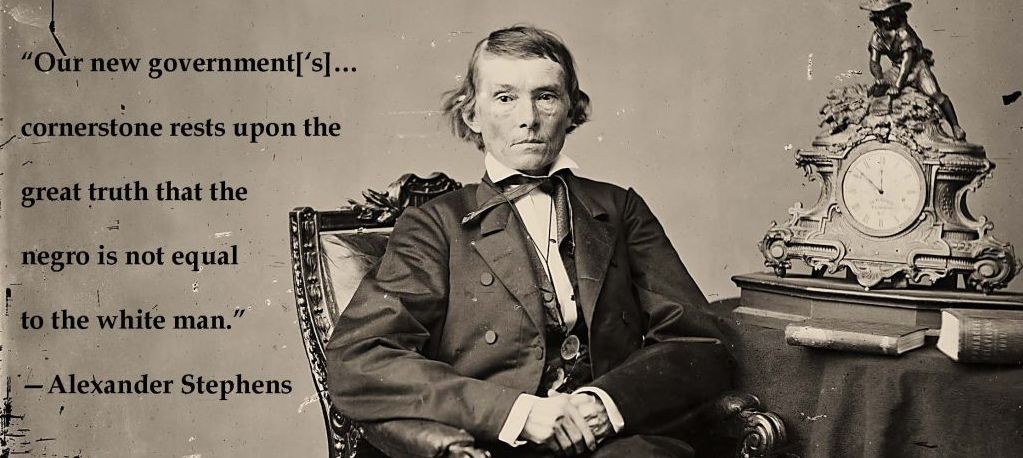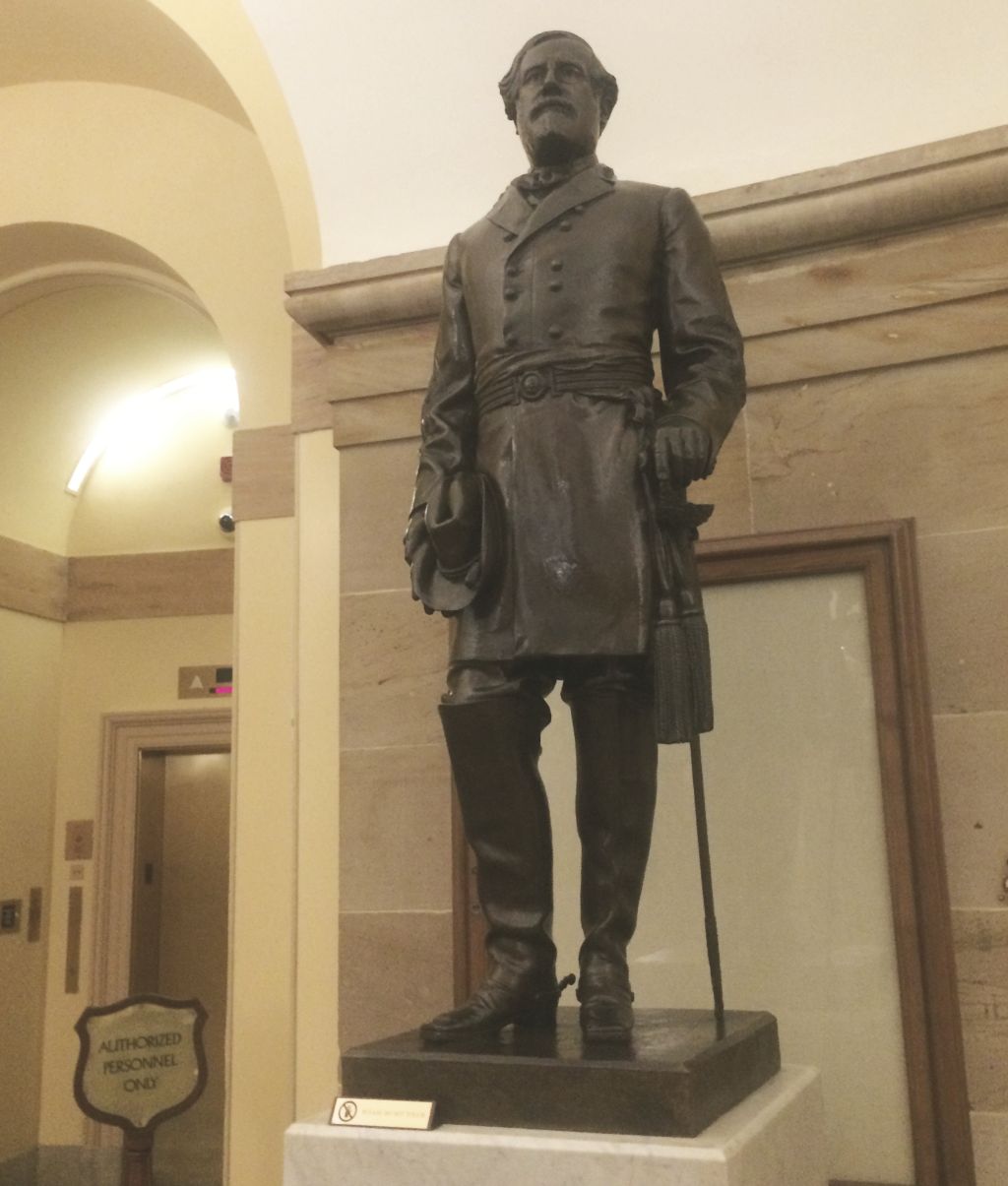Authors:
Historic Era: Era 5: Civil War and Reconstruction (1850-1877)
Historic Theme:
Subject:
June 2020 | Volume 65, Issue 3


Authors:
Historic Era: Era 5: Civil War and Reconstruction (1850-1877)
Historic Theme:
Subject:
June 2020 | Volume 65, Issue 3

The Civil War ended 165 years ago, but still casts a long shadow. In recent protests, during which statues of Confederate heroes were torn down or defaced, many people have made it clear they will no longer tolerate public memorials to men who fought to keep Americans of African descent enslaved, and who caused the deaths some 365,000 members of the U.S. military. The Civil War caused pain beyond measure.
American Heritage has poured through lists of artworks in the U.S. Capitol and discovered that there are 19 statues, busts, and paintings of Confederates, not 11 as has frequently been mentioned. Below in this article is a list of these artworks and short bios of the men they depict.
“The halls of Congress are the very heart of our democracy,” Speaker Pelosi said in a letter requesting the removal of the statues. “The statues in the Capitol should embody our highest ideals as Americans, expressing who we are and who we aspire to be as a nation. Monuments to men who advocated cruelty and barbarism to achieve such a plainly racist end are a grotesque affront to these ideals. Their statues pay homage to hate, not heritage. They must be removed.”

Each state is allowed to be represented by two statues. At this point in our history, any state has many admirable figures to select from to represent them. Last year, for example, Arkansas voted to replace two figures from the Civil War with statues of music legend Johnny Cash and civil rights icon Daisy Lee Gatson Bates, although it hasn't happened yet.

Research into Confederate statues in the Capital can be a little difficult because for some reason they may not be included